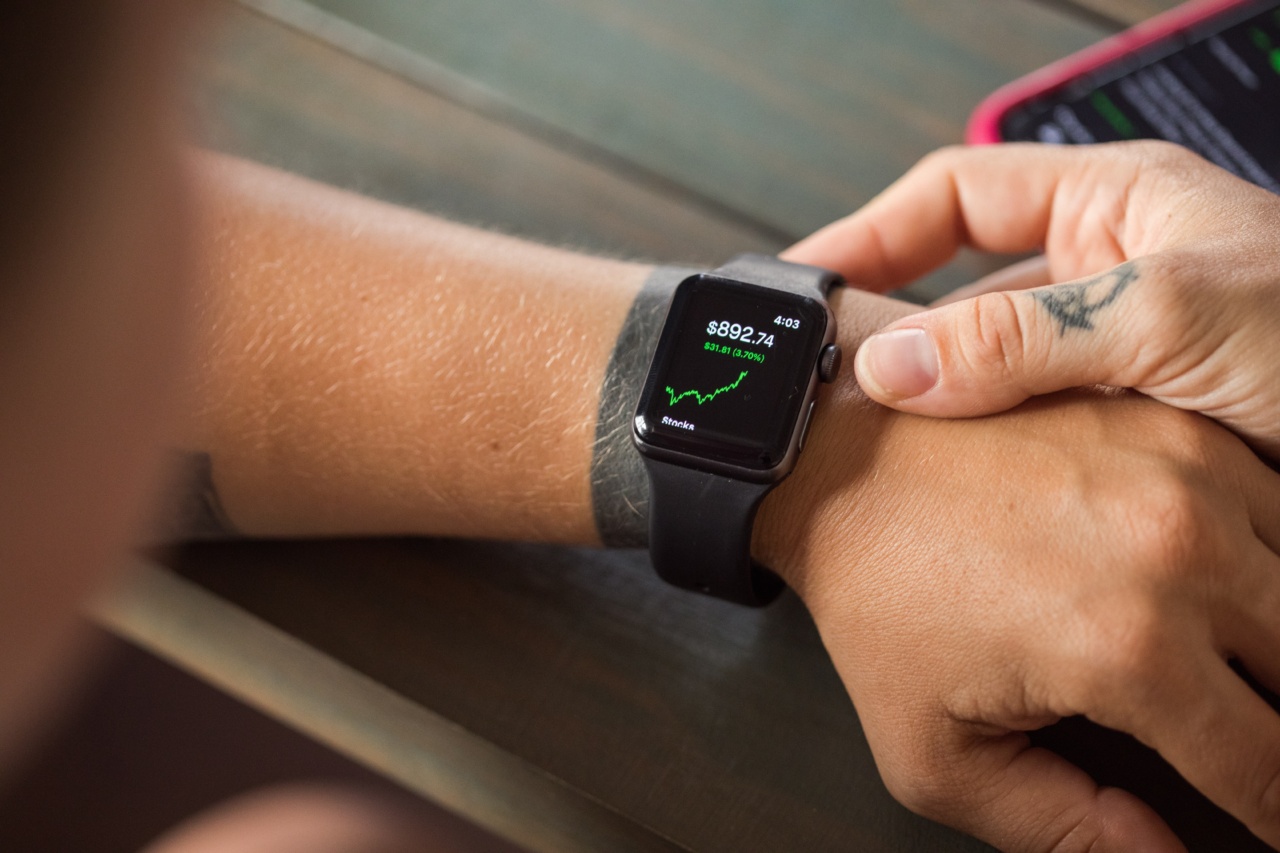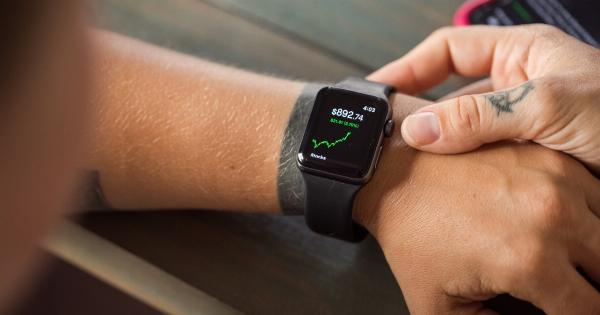Our skin and nails are not only aesthetic features of our body. They can also provide vital clues to our overall health, particularly when it comes to identifying serious medical conditions like cancer, diabetes, and herpes.
Skin cancer
Skin cancer is the most common type of cancer in the United States, with over 5 million cases diagnosed each year.
One of the most significant risk factors for skin cancer is sun exposure, which can damage skin cells and lead to the development of abnormal growths. Here are a few skin and nail changes that may indicate the presence of skin cancer:.
Unusual moles or growths
If you notice a mole or growth on your skin that is asymmetrical, has an irregular border, or is larger than a pencil eraser, it may be a sign of melanoma, the most dangerous form of skin cancer.
Skin discoloration
If you notice a patch of skin that is darker or lighter than the surrounding skin, it could be a sign of basal cell carcinoma or squamous cell carcinoma, two common types of skin cancer.
Changes in skin texture
If you notice a patch of skin that is scaly, rough, or raised, it could be a sign of actinic keratosis, a precancerous skin condition that can develop into squamous cell carcinoma.
Nail changes
In rare cases, skin cancer can also affect nail health. Signs of this type of cancer include brown or black streaks under the nail or a nail that is separated from the nail bed.
Diabetes
Diabetes is a condition that affects how your body processes glucose, a type of sugar that fuels your cells. When your body can’t produce or use insulin properly, glucose builds up in your bloodstream, which can lead to a range of health problems.
Here are a few skin and nail changes that may indicate the presence of diabetes:.
Xerosis
Xerosis, or dry skin, is a common symptom of diabetes. High levels of glucose in the bloodstream can cause skin to become dry and itchy.
Slow wound healing
When you have diabetes, wounds may take longer to heal because high glucose levels can damage blood vessels, reducing blood flow to the affected area.
Dark patches
Dark, velvety patches on the skin, called acanthosis nigricans, can be a sign of insulin resistance, which is a pre-diabetic condition.
Nail changes
Diabetes can also affect nail health. Changes to watch out for include thickening, yellowing, or a fungal infection.
Herpes
Herpes is a viral infection that can cause blisters and sores on the mouth or genitals. It is a common sexually transmitted infection that can also be spread through close contact with an infected person.
Here are a few skin and nail changes that may indicate the presence of herpes:.
Blisters or sores
Herpes often causes painful blisters or sores on the mouth or genitals. These sores may be accompanied by other symptoms, such as itching or tingling.
Rash
In some cases, herpes can cause a rash that appears on the skin around the mouth or genitals.
Nail changes
Although herpes primarily affects the skin, it can also cause nail changes. Keep an eye out for nail pitting, which is the presence of small depressions in the nail plate.
Conclusion
Our skin and nails can provide important clues to our overall health.
If you notice any changes to your skin or nails, it’s essential to consult a healthcare provider as soon as possible to rule out the presence of serious medical conditions like cancer, diabetes, and herpes.

























